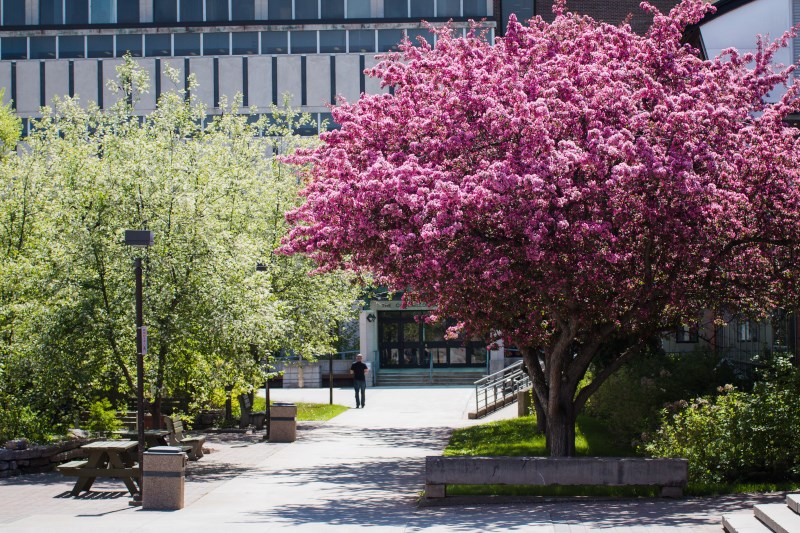THUNDER BAY — Researchers from Lakehead University are getting over $1 million in new funding from the Social Sciences and Humanities Research Council of Canada.
Recipients include Jodie Murphy and colleagues in the School of Social Work.
They'll receive $145,000 over three years to support their work on sexual assault disclosure among sexual and gender minorities.
Statistics show that members of these groups are three times more likely to be assaulted than the heterosexual population of Canada.
In the U.S., violent victimization including rape and sexual assault involving sexual and gender minorities happens at a rate four times higher than among the heterosexual population.
Murphy and her team will explore the first-hand accounts of four distinct groups (lesbian, gay, bisexual and transgender) who experience sexual assault and disclose the assault to counsellors, police, medical professionals, teachers, religious leaders or community providers.
"Research on sexual assault has typically been conducted through a heteronormative lens that assumes females are victims and males are perpetrators, which neglects the unique experiences and perspectives of sexual and gender minorities" who are assaulted, Murphy said.
Another large SSHRC grant – $319,000 – goes to Cheryl Lousley, an associate professor in the Departments of English and Interdisciplinary Studies.
A university news release states that over five years, she and colleagues will study how three aesthetic modes – the poetic, the documentary and the speculative – are used by Indigenous, Black, Latinx and Asian-diasporic writers, filmmakers and artists to grapple with and change debilitating political ecologies.
According to the Cambridge Encyclopedia of Anthropoogy, political ecology is a research field that examines how and why economic structures and power relations drive environmental change in an increasingly interconnected world.
Lousely said "We will examine how cultural production, political economy, settler-colonialism and environmentality intersected in four periods of the Canadian nation-building project."
The project will focus on historical and site-specific case studies, and will fill a gap in research.
"Across the social sciences and humanities, research on racialization and ecology in Canada limited, generally focusing on specific events of environmental injustice, not broader social formations of colonialism, race and ecology," the LU announcement states.
Faculty from five other Canadian universities will be co-investigators in this work.
Among other projects funded in this round, Kathy Kortes-Miller of LU's School of Social Work and collaborators from the University of Ottawa and the University of Guelph will receive almost $290,000 to study Canadian experiences with medical assistance in dying.
